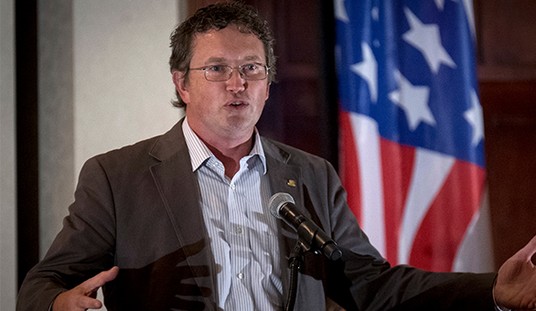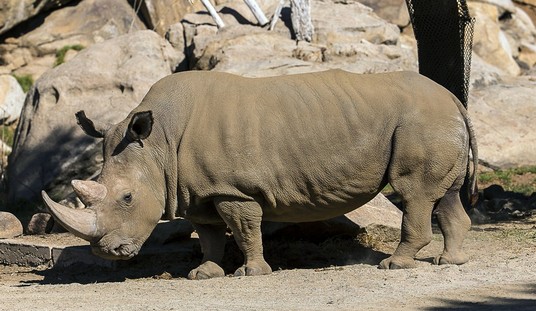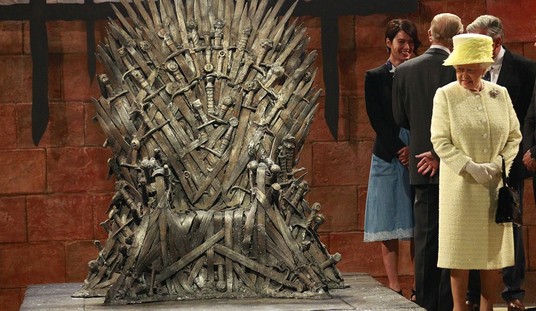Things in the Pacific area are getting interesting. China, the United States' chief geopolitical rival, has designs on the western Pacific. They are building a navy and making territorial incursions; they aren't kidding around. The United States, though, has a new administration, one very different than the old one, and it's led by President Donald Trump--a man China has dealt with before. That's not stopping a Chinese Communist Party (CCP) official from failing to read the room, and telling newly-minted U.S. Secretary of State Marco Rubio during their first phone conversation on Friday to mind his P's and Q's.
China’s veteran foreign minister has issued a veiled warning to America’s new secretary of state: Behave yourself.
Foreign Minister Wang Yi conveyed the message in a phone call Friday, their first conversation since Marco Rubio’s confirmation as President Donald Trump’s top diplomat four days earlier.
“I hope you will act accordingly,” Wang told Rubio, according to a Foreign Ministry statement, employing a Chinese phrase typically used by a teacher or a boss warning a student or employee to behave and be responsible for their actions.
The short phrase seemed aimed at Rubio’s vocal criticism of China and its human rights record when he was a U.S. senator, which prompted the Chinese government to put sanctions on him twice in 2020.
Asian cultures and expressions are full of veiled meanings. The first time I worked in Japan, my translator informed me that the Japanese phrase "wakarimashita" when said one way, translated literally to "I understand what you're saying," but when said another way, with a different inflection, could be taken to mean "I understand what you're saying but I think you're full of beans." This appears to be another such case of veiled meanings - except, since we know about it, it's not really all that veiled:
It can be translated in various ways — in the past, the Foreign Ministry has used “make the right choice” and “be very prudent about what they say or do” rather than “act accordingly.”
The vagueness allows the phrase to express an expectation and deliver a veiled warning, while also maintaining the courtesy necessary for further diplomatic engagement, said Zichen Wang, a research fellow at the Center for China and Globalization, a Chinese think tank.
We can assume that was intentional.
See Related: Pete Hegseth Responds to Alaska's Senator Sullivan on Indo-Pacific Strategy
Marco Rubio Will Be on the Hot Seat Today As He Seeks to Become Trump's Secretary of State
This may be a tempest in a teapot. Chairman Xi has met and engaged with President Trump before; the two men know each other, and while Xi may be a Communist, he's not stupid. He knows what to expect from President Trump, and the same applies in return.
But no official, minor or otherwise, in China speaks out of turn without reason. We can assume that Wang Yi delivered this veiled warning at Chairman Xi and the CCP's direction; it's a statement of policy. And, we might note, China has slapped sanctions on U.S. government officials in the past, including Texas' Senator Ted Cruz (R) - and then-Senator Marco Rubio (R-FL).
China knows they have a new American president to deal with. They know what to expect. But it's important to note that China has, through its long history, considered itself the Middle Kingdom, placed between heaven and earth, and despite the strictures of communism, that's still a common way of thinking in China. And while China is, as I'm continually pointing out, a land of great momentum rather than a land of great ideas, they are also a land and a people that take the long view. We think of our history in terms of hundreds of years; China thinks in terms of thousands; they know that sooner or later America will again have a weak leader. We have, after all, had two weak presidents in the last quarter-century.
Veiled this warning to the new SecState may have been, but the Trump administration should take it seriously. China isn't playing.














Join the conversation as a VIP Member